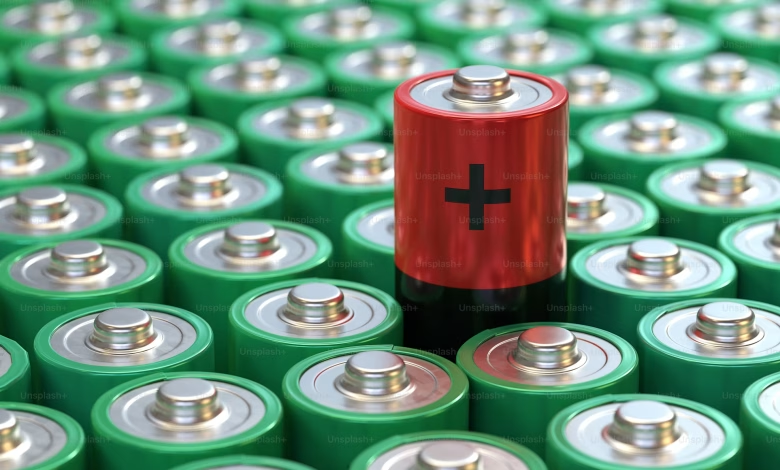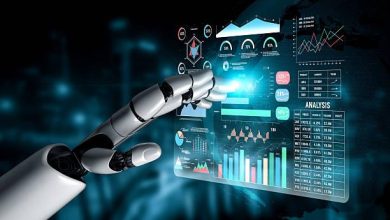
Artificial intelligence is revolutionizing lithium battery manufacturing, transforming how these essential energy storage devices are designed, produced, and optimized. As the global demand for electric vehicles and renewable energy storage surges, manufacturers are increasingly turning to AI technologies to enhance production efficiency, improve quality control, and accelerate innovation in battery technology.
In modern lithium battery manufacturing facilities, AI-powered computer vision systems continuously monitor production lines, detecting microscopic defects that human inspectors might miss. These systems analyze thousands of battery cells per minute, identifying anomalies in electrode coating thickness, separator alignment, and electrolyte distribution. Machine learning algorithms process this visual data in real-time, enabling immediate corrections that prevent defective batteries from progressing through the production chain. This precision significantly reduces waste and improves overall yield rates, addressing one of the industry’s most persistent challenges.
Predictive maintenance represents another transformative application of AI in battery production. By analyzing sensor data from manufacturing equipment, machine learning models can predict equipment failures before they occur. This proactive approach minimizes costly downtime and ensures consistent product quality. Advanced algorithms monitor variables such as temperature fluctuations, pressure variations, and vibration patterns, creating comprehensive equipment health profiles that optimize maintenance schedules and extend machinery lifespan.
AI also accelerates battery material discovery and formulation optimization. Traditional research methods for developing new cathode and anode materials often require years of experimentation. However, AI-driven computational models can simulate millions of material combinations virtually, predicting their electrochemical properties and performance characteristics. This approach has already led to breakthroughs in solid-state electrolytes and silicon-based anodes, promising higher energy densities and improved safety profiles for next-generation batteries.
Quality prediction models utilize deep learning to analyze manufacturing parameters and predict final battery performance metrics such as capacity, internal resistance, and cycle life. By correlating production variables with long-term performance data, these models enable manufacturers to adjust processes preemptively, ensuring each battery meets stringent specifications. This predictive capability is particularly crucial for automotive applications where battery reliability directly impacts vehicle safety and performance.
The integration of AI in lithium battery manufacturing extends to supply chain optimization and demand forecasting. Machine learning algorithms analyze market trends, raw material availability, and production capacity to optimize inventory levels and production scheduling. This intelligent coordination reduces costs while ensuring timely delivery of batteries to customers across various industries.
Digital twins, powered by AI, create virtual replicas of entire manufacturing processes, allowing engineers to simulate and optimize production workflows without disrupting actual operations. These sophisticated models incorporate real-time data from physical systems, enabling continuous refinement of manufacturing parameters and rapid implementation of process improvements.
The synergy between artificial intelligence and battery production will only deepen. Emerging technologies like reinforcement learning and quantum computing promise even greater advances in battery chemistry optimization and manufacturing efficiency. As the world transitions toward sustainable energy solutions, AI-enhanced lithium battery manufacturing will play a pivotal role in making clean energy storage more accessible, affordable, and reliable for global communities.



